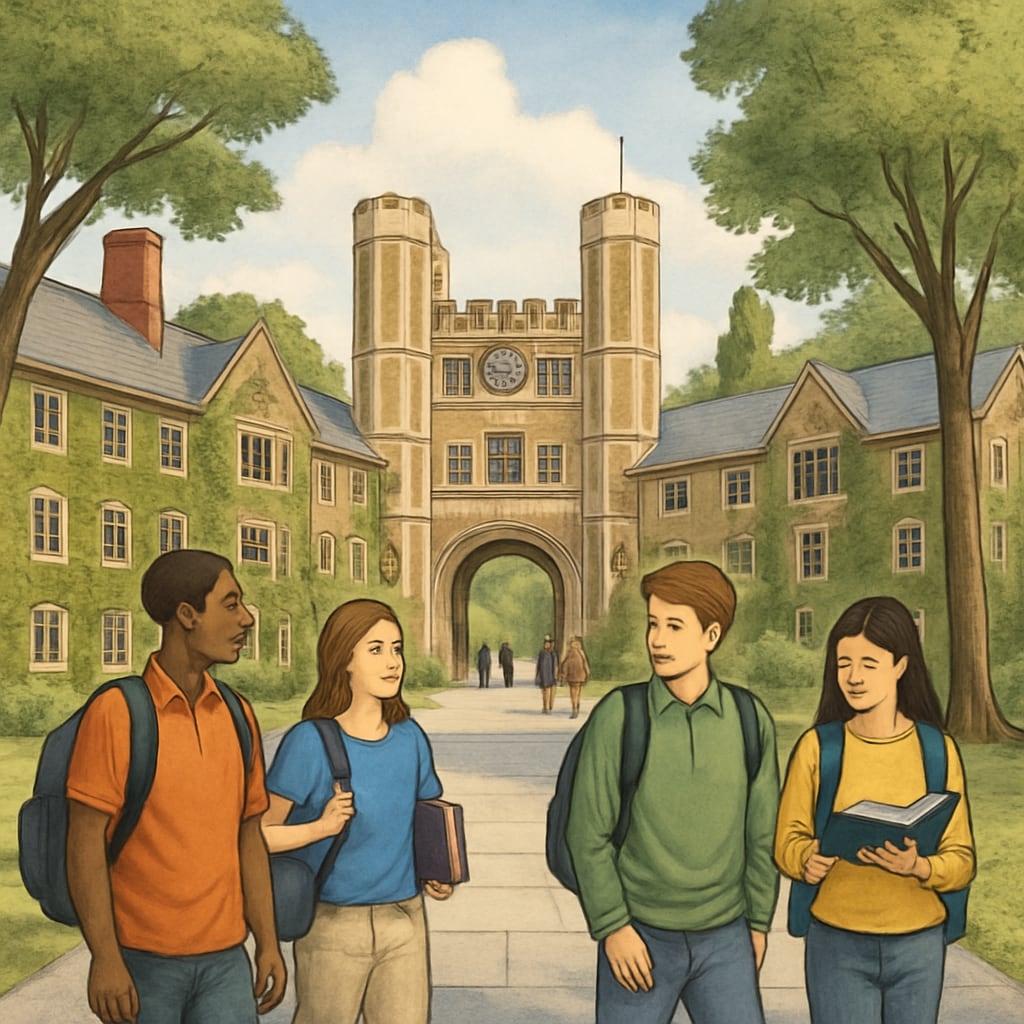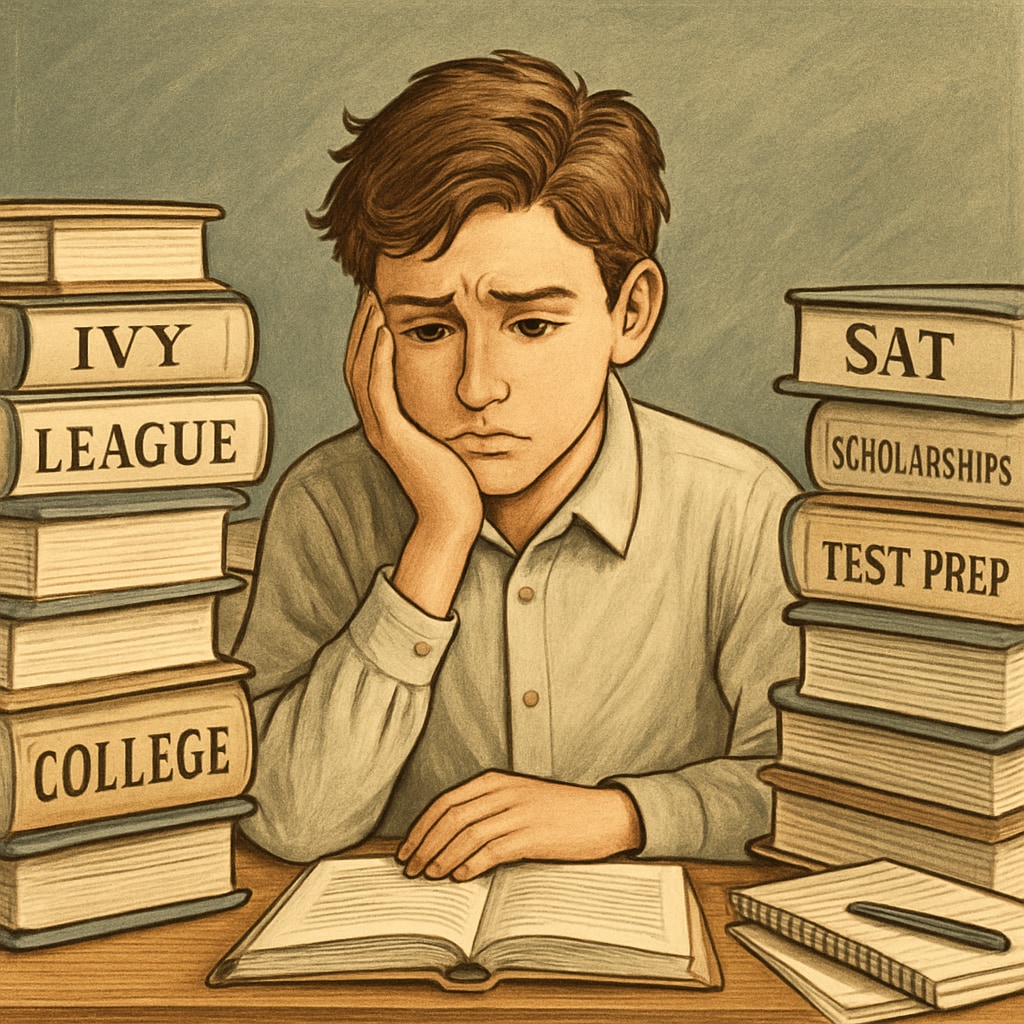Princeton, part of the prestigious Ivy League, is often synonymous with academic excellence and unparalleled opportunities. However, how much of its reputation is based on actual educational value, and how much is a product of societal perception? This article evaluates the worth of Princeton and other Ivy League institutions, examining whether their prestige is overrated and how the “elite school worship” culture impacts K-12 students and their development.
The Prestige of Ivy League Schools: A Closer Look
The Ivy League, consisting of eight elite schools including Princeton, Harvard, and Yale, has long been held as the gold standard in higher education. These universities boast impressive alumni networks, research opportunities, and global recognition. However, critics argue that much of the prestige surrounding these institutions is rooted in historical privilege and exclusivity rather than objective measures of educational quality.
For example, a study published by the Encyclopedia Britannica highlights that Ivy League schools were originally established for the elite and wealthy, which has contributed to their long-standing reputation. Over time, this exclusivity has morphed into a symbol of merit, even as other universities have matched or surpassed them in terms of academic offerings and research output.

Do Ivy League Schools Deliver on Their Promises?
While Ivy League schools like Princeton offer undeniable advantages, such as access to accomplished professors and a robust alumni network, the question remains: do they provide a better education than non-Ivy institutions? Research suggests that the return on investment (ROI) for Ivy League graduates is often comparable to that of graduates from top public universities, such as the University of California, Berkeley, or the University of Michigan.
For instance, an analysis by Princeton Review found that while Ivy League graduates tend to secure high-paying jobs, similar outcomes can be achieved by students from less prestigious schools, provided they are equally motivated and resourceful. This calls into question whether the Ivy League’s value lies more in its name and network than in the actual education delivered.
Furthermore, the intense competition to secure a spot in an Ivy League institution often leads to unhealthy pressure on high school students. Many K-12 students sacrifice mental health, extracurricular interests, and personal growth in the pursuit of an Ivy League acceptance letter. As a result, the obsession with these schools may cost more than it is worth.

Reevaluating the Impact on K-12 Education
The prominence of Ivy League schools influences the entire education system, especially at the K-12 level. The intense focus on academic achievement, standardized test scores, and extracurricular accomplishments designed to impress admissions committees creates a high-pressure environment for students. This culture often prioritizes external validation over intrinsic learning and curiosity.
Experts suggest that this “elite school worship” can lead to a narrow definition of success. According to a report by Wikipedia, many students and their families overlook excellent opportunities at non-Ivy schools, believing that only Ivy League institutions can guarantee future success. This mindset perpetuates a cycle of stress and unrealistic expectations.
Breaking the Ivy League Obsession
To counter the overemphasis on Ivy League schools, students, parents, and educators must adopt a more holistic approach to higher education. Success does not depend solely on the name of the institution but on how students leverage the resources available to them. Non-Ivy schools often offer smaller class sizes, specialized programs, and less competitive environments that allow students to thrive.
Moreover, redefining success in education can help K-12 students focus on their passions and strengths rather than chasing an idealized version of achievement. By shifting the focus from brand name to personal growth, we can foster a healthier, more balanced approach to education.
In conclusion, while Princeton and other Ivy League schools undoubtedly provide exceptional opportunities, their value may not be as universally superior as society assumes. By questioning the myths surrounding these institutions, we can create a more equitable and student-centered educational landscape.
Readability guidance: This article balances short paragraphs with well-structured sections and lists. It incorporates authoritative sources and transitions between points to maintain a logical flow. The focus remains on clarity, accessibility, and actionable insights.


